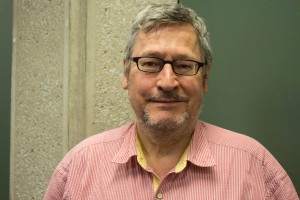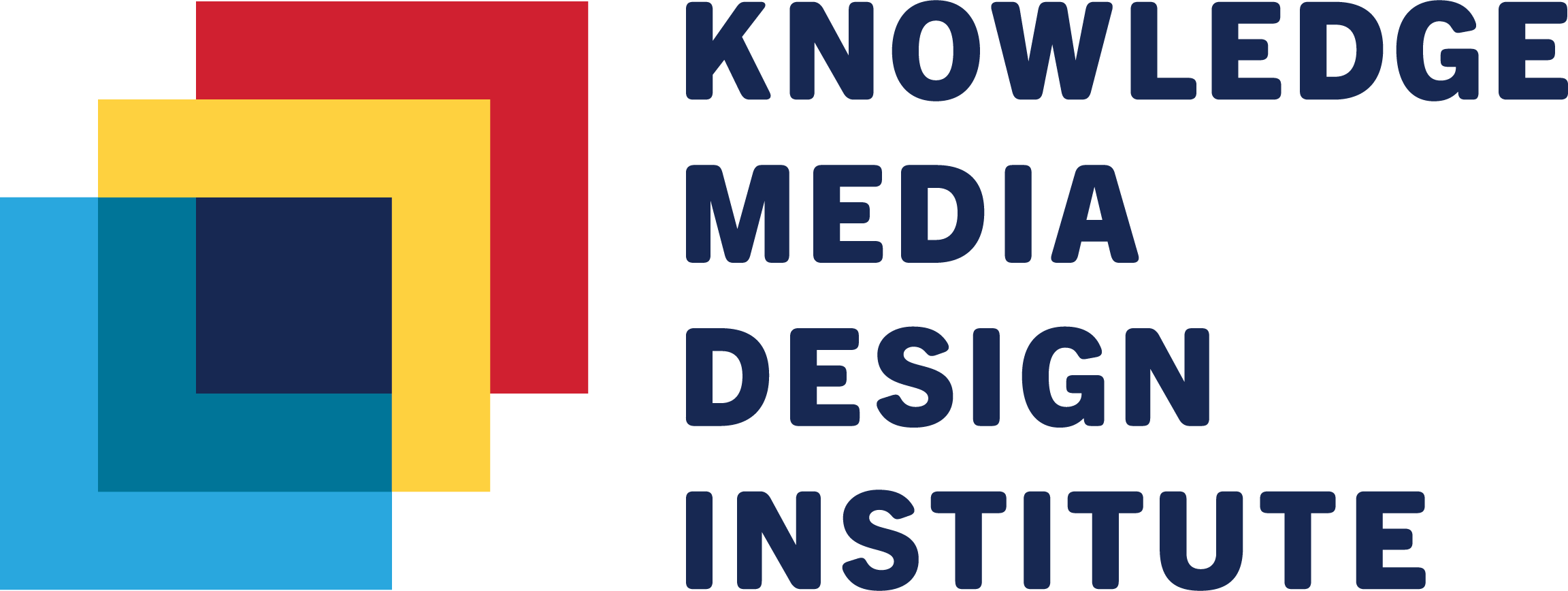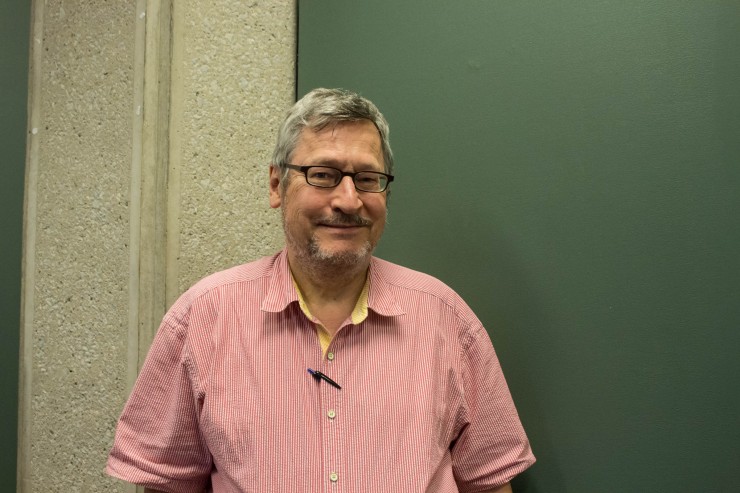The KMDI community continues to thrive because of the inter-disciplinary focus and commitment of its instructors. Dr. Anthony K. P. Wensley is an appreciated example of such faculty.
If you’ve been to many KMDI seminars, you’ve probably seen this witty and heavily involved U of T faculty member around. Dr. Wensley has been part of the teaching faculty since 1995. He is an Associate Professor of Accounting and Management Information Systems in the Department of Management at U of T Mississauga. Dr. Wensley also acts as director of the ICCIT and director of the KMD Collaborative Program. With a cross-appointment to accounting at Rotman School of Management, Professor Wensley is deeply involved in management and informative systems. He has taught courses in accounting, law and commerce and decision analysis.
Dr. Wensley recently spoke about his work with the Knowledge Media Design Institute and gave some advice for students.
Could you tell us more about what initially interested you in the Knowledge Media Design Institute?
My PhD research involved working in Knowledge-based systems. Although my research bears little relation to the work that we now teach about and research in KMDI it was natural for me to be attracted to KMDI and have a passion for all aspects of Knowledge Media.
Some of your research interests are listed as game theory and information systems; intellectual property and knowledge structures; encoding of organisational knowledge; and the understanding, implementing, and managing of enterprise systems. What is your current research focus and how has it been influenced by your time as director of the KMD Collaborative Program?
My current research interests involve the development of support systems in health care. These systems involve critical issues relating to the design of interactions with individuals with a wide variety of different interests, requirements and knowledge. Trying to find ways of supporting their interaction with complex medical knowledge relates very well to central concerns of KMDI. Additionally, I have had an enduring research interest in decision-making, problem solving and the activation of knowledge. These concerns straddle many disciplines and are truly multi-disciplinary. KMDI is an ideal location to pursue these research interests and to find way of exciting new researchers in the challenges they present.
Throughout my research career a central theme revolves around the eliciting, representation and activation of knowledge. I delight in the tools that we have developed in the past two thousand years (at least) to represent, manipulate and apply knowledge. Taking these tools into the digital world excites me and I am often astounded by the possibilities combining them with the power of our current generation of digital technologies. We have only just begun to scratch the opportunities! A well-known researcher in the field has noted that we tend to ‘assume that technologies will have significant impacts far more rapidly than they actually do but we underestimate the extent of these impacts”.

KMDI is going on 20 years as a mission at U of T. What were your thoughts on the idea of the institute back then? How do you think it has evolved since its creation?
I know that in my teaching at that time, which was in the Faculty of Management (now Rotman) I was focused on such issues as the impact of the distribution (and subsequent integration) of knowledge and its impact on decision making, process management and on distributed problem solving.
KMDI has evolved very significantly in the last 20 years to reflect astounding changes in the price/performance and flexibility of the underlying technology. This revolution has also lead to stunning advances in approaches to knowledge representation, the integration of knowledge, the design of human/computer interaction, learning (both the support of human learning and machine learning).
As the Director of the KMD CP, you’ve definitely seen a lot in the time that KMD has existed. In your opinion, what is one way that students can make the most of their time at KMDI?
Simply put I would suggest that working with others who come from different disciplines and research paradigms is one of the most valuable opportunities provided by the KMD Collaborative Program.
—
Thank you Dr. Wensley for sharing your thoughts on the institute and your research focuses. You can find more information about Dr. Wensley here.

